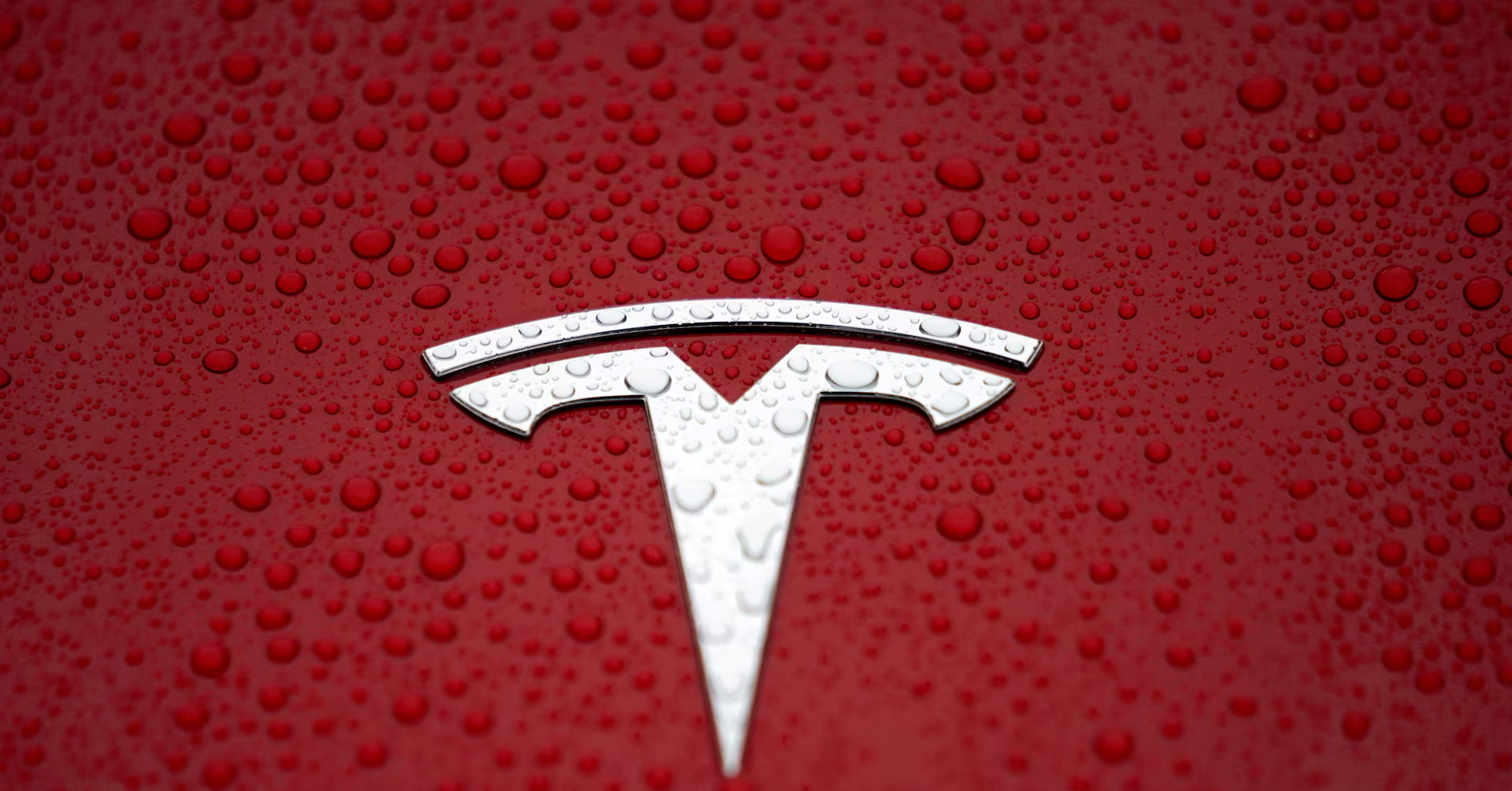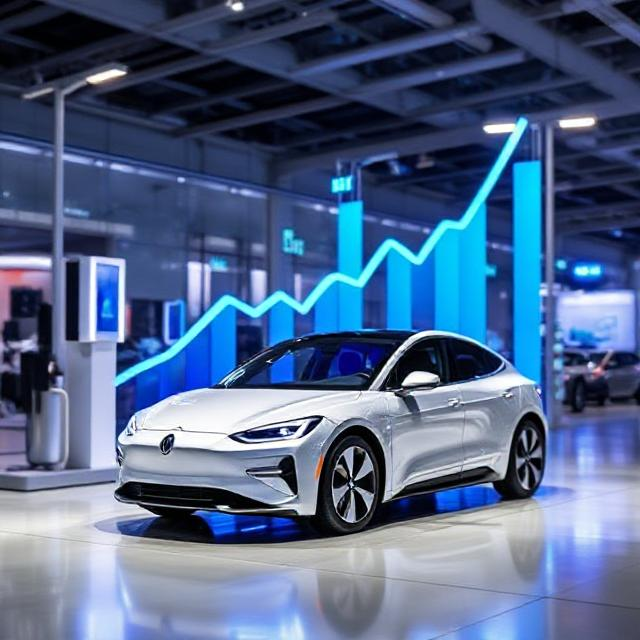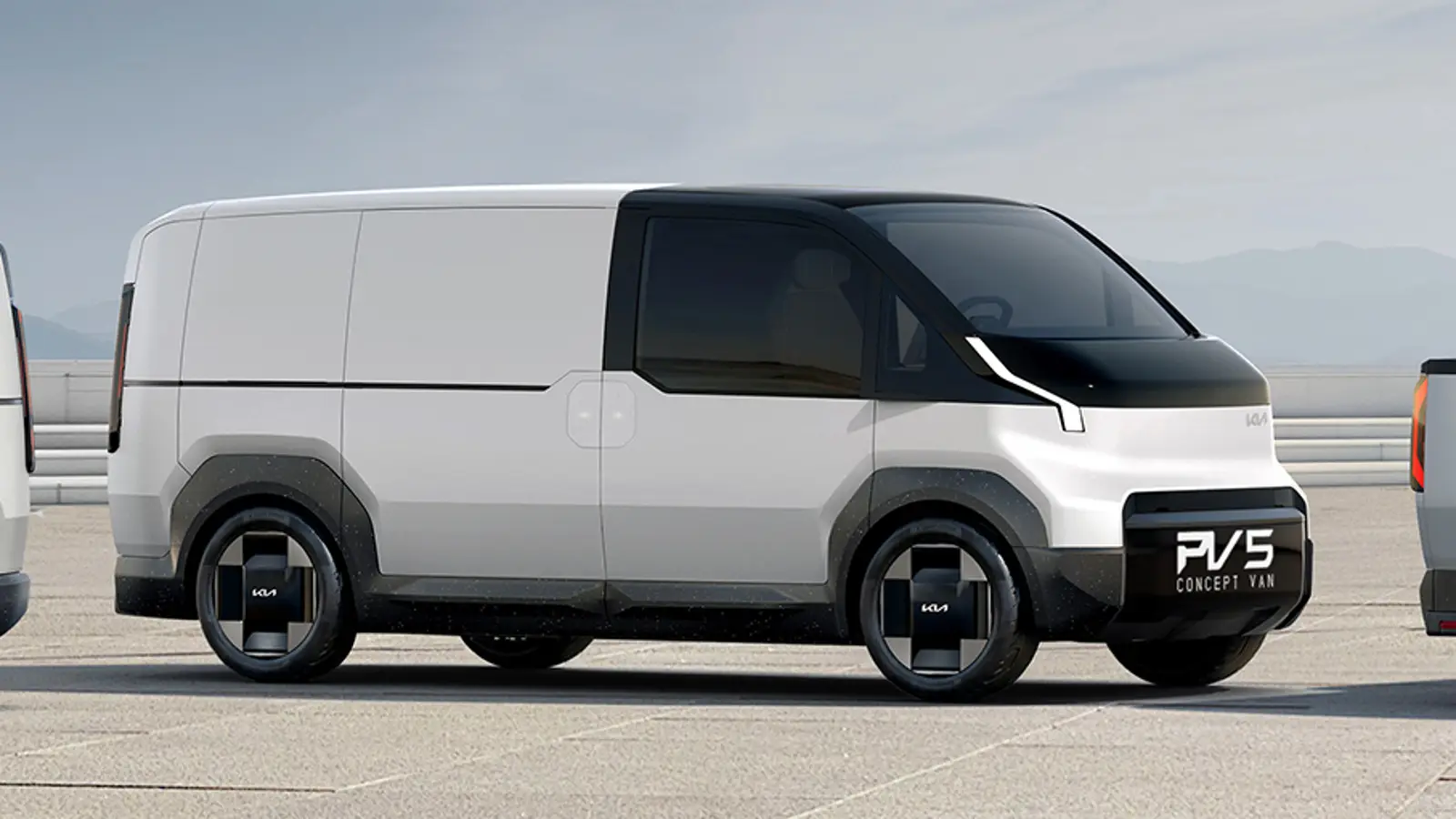Tesla is planning to enter the Indian market, but one of the biggest challenges it faces is the high cost due to import duties and taxes. India has a rapidly growing electric vehicle (EV) industry, and Tesla’s entry could accelerate the adoption of EVs in the country. However, for Tesla to be successful, it must navigate India’s complex tax structure, government policies, and pricing challenges. In this article, we will explore how pricing, taxes, and government policies impact Tesla in India and what the future holds for the company.
Tesla Pricing in India
Tesla’s cars are known for their advanced technology, luxury, and performance. However, the cost of owning a Tesla in India is significantly higher than in other countries because of heavy import duties. The expected prices for Tesla models in India are:
- Tesla Model 3 – ₹50-60 lakh (Expected)
- Tesla Model Y – ₹70-80 lakh (Expected)
- Tesla Model S – ₹1.5-2 crore (Expected)
- Tesla Model X – ₹2-2.5 crore (Expected)
These prices are much higher compared to markets like the U.S. and Europe, where Tesla cars are more affordable. In the U.S., the Model 3 starts at around $40,000 (₹33 lakh), making it a relatively affordable EV. However, in India, due to import duties and taxes, the same car costs almost double the U.S. price.
Import Duties on Tesla Cars
India imposes high import duties on foreign-made cars to promote local manufacturing. The current import tax structure is as follows:
- 100% import duty for cars priced above $40,000 (₹33 lakh)
- 60% import duty for cars priced below $40,000 (₹33 lakh)
Since most Tesla models exceed this price range, they fall under the 100% import duty category, doubling the cost compared to global prices. Additionally, there are other costs such as Goods and Services Tax (GST) and registration charges that further increase the final price for Indian consumers.
Tesla has been in discussions with the Indian government to seek a reduction in import duties, arguing that a temporary reduction would help gauge the market demand before setting up local manufacturing. However, the government has insisted that Tesla should establish a local production facility to benefit from lower taxes and incentives.
Government Policies and Incentives
The Indian government is trying to boost the EV sector by offering incentives, but Tesla does not currently qualify for many of these benefits. Some key policies include:
1. FAME-II Scheme
The Faster Adoption and Manufacturing of Electric Vehicles (FAME-II) scheme is designed to encourage the adoption of EVs in India by providing subsidies. However, this scheme mainly benefits locally manufactured EVs, meaning Tesla cannot currently take advantage of these subsidies unless it sets up local manufacturing.
2. GST Reduction
EVs in India attract only 5% GST, compared to 28% for petrol and diesel cars. This reduction makes EVs slightly more affordable. However, since Tesla is an imported vehicle, the high import duties offset the benefits of the lower GST rate.
3. State-Level Incentives
Some Indian states have announced additional incentives to promote EV adoption:
- Delhi: Offers subsidies and waivers on road tax and registration fees.
- Maharashtra: Provides incentives for EV buyers and supports the expansion of charging infrastructure.
- Karnataka: Encourages investment in EV manufacturing and infrastructure.
If Tesla establishes local manufacturing, it could benefit from these state-level incentives, further reducing costs for Indian consumers.
4. Production-Linked Incentive (PLI) Scheme
The Indian government has introduced the PLI scheme to encourage local production of EVs and batteries. Companies setting up manufacturing in India can receive financial incentives, making local production more attractive for Tesla.
Challenges Tesla Faces in India
Despite Tesla’s strong brand appeal, it faces several challenges in India:
- High Price Sensitivity: The Indian market is price-sensitive, with most car buyers looking for affordable options. Tesla’s high-end pricing may limit its reach to a niche audience.
- Charging Infrastructure: While India is expanding its EV charging network, it still lacks the widespread charging infrastructure seen in markets like the U.S. and Europe. Tesla will need to invest in Supercharger stations to make its vehicles more practical.
- Competition from Domestic EV Players: Indian manufacturers like Tata Motors, Mahindra, and Ola Electric offer EVs at much lower prices. The Tata Nexon EV, for example, is priced around ₹15-17 lakh, making it far more accessible to Indian consumers.
- Government Policy Uncertainty: Frequent policy changes and high import duties create uncertainty for foreign car manufacturers.
Future Possibilities for Tesla in India
Despite these challenges, Tesla has several potential strategies for making a successful entry into India:
- Local Manufacturing: If Tesla sets up a Gigafactory in India, prices can be reduced significantly, making the cars more competitive.
- Negotiations with Government: Tesla is in talks with Indian officials to reduce import duties temporarily until local production starts.
- Expanding Charging Infrastructure: Tesla will need to build a charging network to make EV adoption easier in India.
- Affordable Tesla Model: Tesla is rumored to be working on a lower-cost EV (Tesla Model 2), which could be ideal for the Indian market.
Conclusion
Tesla’s entry into India depends on pricing and government policies. Unless Tesla manufactures locally or the government reduces import duties, Tesla cars will remain expensive. However, if Tesla invests in India, it could revolutionize the country’s EV market by offering high-quality electric vehicles and pushing the industry towards greater innovation and sustainability.
References
- Government of India – Ministry of Heavy Industries: https://heavyindustries.gov.in/
- FAME-II Scheme Details: https://fame2.heavyindustries.gov.in/
- Indian GST Council: https://www.gst.gov.in/
- Tesla Official Website: https://www.tesla.com/
- Economic Times – Tesla India Updates: https://economictimes.indiatimes.com/topic/Tesla-India
Would you like me to add more specific financial data or government policies?




